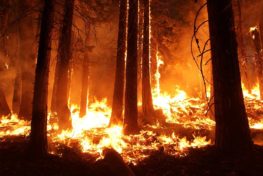In Forests News last week:

Increasing ecosystem carbon is good for species
On International Day of Biological Diversity, a new study explores the relationship between payments for adding ecosystem carbon and the level of biodiversity in 12 landscapes across seven countries –Finland, Indonesia, Mexico, Laos, Peru, Tanzania and Vietnam. Read more.
Shea trees and wildfire worries
Though her community may have stopped using fire to clear land, that doesn’t mean Judith Afagachie’s lucrative shea trees are protected from the devastation of wildfire. Hear from Judith herself, in part IV of the VI part series: Voices from West Africa’s unheard, watch here.
In the news:

Climate change fuelling war; good governance the solution
Drought, rising sea levels and extreme weather events that affect food and water security have been indicated as factors in recent conflicts in Mali, Sudan and Syria, the Economist reports. The violence of Boko Haram has also been attributed in part to desertification around Lake Chad, which has shrunk by 50% in the last 50 years.
But the challenges of climate change can be overcome by good governance. In a study looking at 60 years of conflict and cooperation over water, Aaron Wolf of Oregon State University found 70 percent of countries cooperated. Meanwhile, as rains return, the subterranean aquifer of Lake Chad is being replenished.
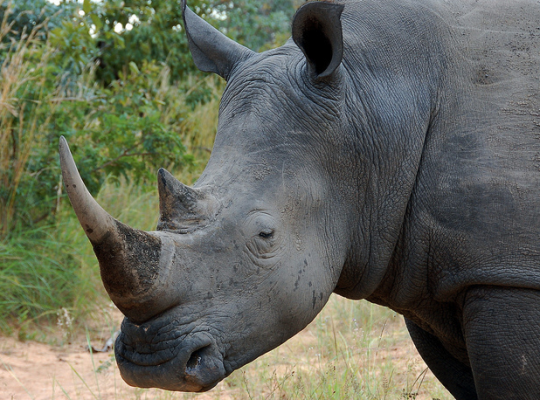
Nature is shrinking, says news study
The average body size of mammals will fall by a quarter, the Guardian reports. According to a new study led by University of Southampton and published in Nature Communications, 1,000 larger mammals will go extinct in the next century, from rhinos and tigers to eagles. The study says that in the last 125,000 years, humans have wiped out large mammals from all inhabited continents, apart from Africa. Animal populations have reduced by 60 percent since 1970, leading to a growing consensus in the science community that we are in the midst of a sixth mass extinction. This new report predicts that the rate of extinction will rapidly accelerate over the next century, risking the collapse of ecosystems in which humans rely upon for food and clean water.

Biodiversity report sparked ‘global awareness’
Deutsche Welle reports on environmentalists’ frustration that global media are ignoring the ‘most significant alarm bells’ about climate change.
Nevertheless, the Intergovernmental Panel on Biodiversity and Ecosystem Services (IPBES) report that warned that one million species face extinction has triggered ‘global awareness’ according to IPBES executive secretary Anne Larigauderie.
Despite the difficulty of capturing the attention, more than 20,000 unique articles were written about the report in 45 languages.
Joyce Msuya, acting executive director of UN Environment, celebrated the fact that this was the ‘first time ever that a biodiversity or nature report was the theme of main headlines globally’.

BBC answers most asked climate change questions
The BBC has compiled brief answers to some of the most pressing political and personal questions people have about climate change, such as ‘Can we adapt to climate change instead of fighting it?’ and ‘Should I change my diet?’
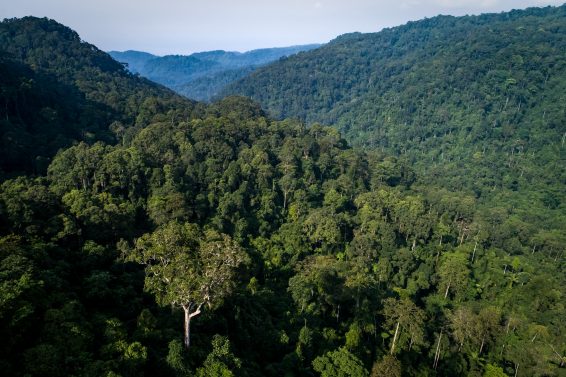
Concerns about REDD+ methodology
Geographical report on the REDD+ scheme that rewards countries for halting the deforestation of tropical forests. The first payment under the scheme was made in February: $96 million USD to Brazil for decreased deforestation in 2014 and 2015.
Scientists from the School of Geosciences at the University of Edinburgh, while lauding the scheme, have also called for greater transparency of data used to calculate deforestation under REDD+. Lead scientist Keiko Nomura warns that inconsistencies in methodology could lead to significant uncaptured forest loss. Read REDD+ latest study: Accuracy, uncertainty and complimentarity and impact, here.
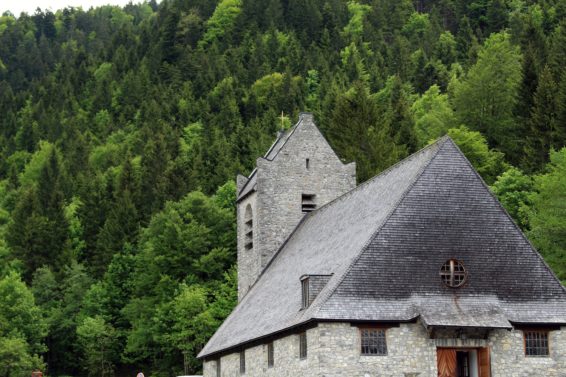
Northern Ethiopia’s church forests
This BBC feature tells the story of the ‘sacred forests’ of northern Ethiopia that have been protected for 1000 years as places of worship, as reported previously on Forests News. These small forests grow in a ring around Ethiopian Orthodox churches and offer a last bulwark against the deforestation that has seen Ethiopia’s forest cover fall from 45 percent a century ago to only 4 percent today.
The sacred forests are under threat from the encroachment of farmland and non-native species, but Dr Catherine Cardelús from Colgate University says they are not as degraded as her team had feared, and that the conservation efforts of local worshippers should be celebrated and supported.
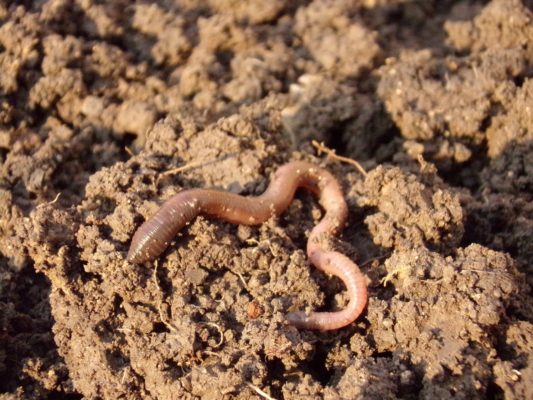
‘Earthworm dilemma’ an unknown for climate scientists
Invasive European earthworms are showing up in northern Canada, leading to fears that they might contribute to making the boreal forest a net carbon polluter, according to the Independent.
Describing the earthworm activity as ‘a significant change to the carbon dynamic’, Dr Shaw, a carbon-research scientist with the Canadian Forest Service, says: ‘We don’t truly understand the rate or the magnitude of that change.’
The concern is that the Dendrobaena octaedra species of earthworm eats leaf litter but doesn’t burrow into the earth, thereby releasing the carbon into the atmosphere rather than fixing it in the soil.
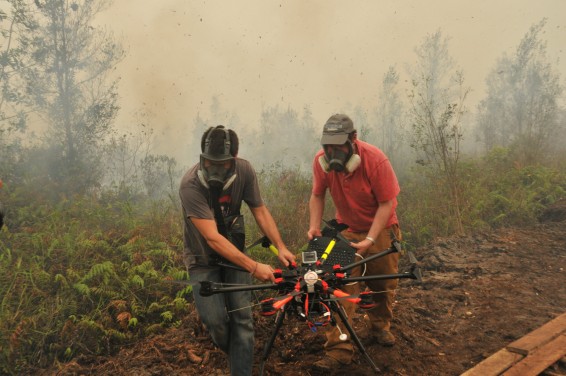
Drone conservation in Scotland, soon to be used in West Africa
Laser-carrying drones that can see through the forest canopy are mapping land use and how climate change is affecting Scotland’s forests, the BBC reports. Lidar (light detection and ranging) can detect the effects of deforestation, soil degradation, forest fires and drought. The company behind the technology intend to begin flying Lidar drones in West Africa soon.
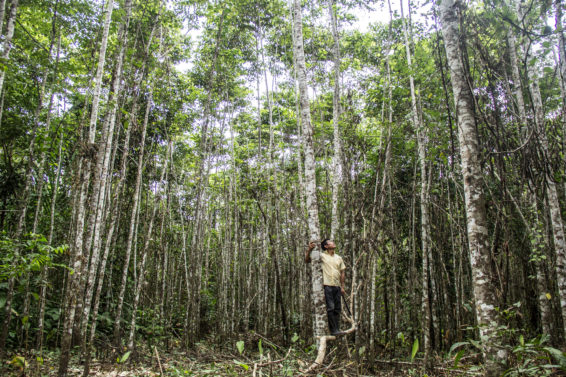
Old-growth forests or young plantations better for climate?
This Mongabay feature reconciles two apparently conflicting studies comparing the carbon sequestering capacity of old-growth forests and densely packed young plantations.
Beverly Law, professor of global change biology at Oregon State University, says: ‘Older forests store a lot more carbon than young forests and much of it is returned to the atmosphere quickly when harvested.’
One thing the logging industry could do to buffer the effects of climate change, Law says, is double forest harvesting cycles, from 40 years on average to 80.
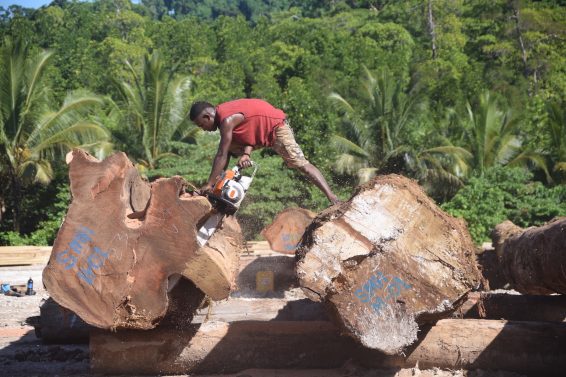
No respite for Solomon Island forests after election
There seems little prospect for change in the Solomon Islands logging industry after the election of Manasseh Sogavare as Prime Minster, according to Mongabay.
Activists suspect that Asian-owned logging companies have used their financial clout to lobby for sympathetic governments, and protests broke out following the election results.
In October, watchdog NGO Global Witness reported that the Solomon Islands forest is being cleared at almost 20 times the sustainable rate.

Helping faith communities defend their forests
A recent Interfaith Rainforest Initiative event brought together ideas and initiatives to protect forests, including a new Global Campaign Against the Criminalization of Indigenous Peoples and an app that helps indigenous people govern and defend their forests.
‘People of faith are natural environment defenders building on their religious beliefs and sacred scripts,’ says Iyad Abumoghli, UN Environment’s coordinator of the Faith for Earth initiative.
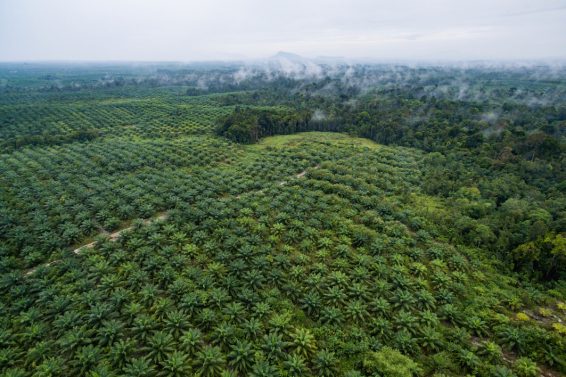
Palm oil in Indonesia
Finally, two stories from Indonesia concerning the Roundtable on Sustainable Palm Oil (RSPO). Mongabay report that the Indonesian government have asked palm oil companies not to release their plantation data, which is necessary for sustainability certification under RSPO. Environmentalist groups including Greenpeace call this move a setback for an industry already charged with deforestation, land grabbing, and labor rights abuses.
Meanwhile, Reuters reports that RSPO will be easing sustainability criteria for smallholders in Indonesia. RSPO Indonesia director Tiur Rumondang hopes that green certification will encourage smallholders to follow good agricultural practices and discourage them from converting or damaging their forests.
We want you to share Forests News content, which is licensed under Creative Commons Attribution-NonCommercial-ShareAlike 4.0 International (CC BY-NC-SA 4.0). This means you are free to redistribute our material for non-commercial purposes. All we ask is that you give Forests News appropriate credit and link to the original Forests News content, indicate if changes were made, and distribute your contributions under the same Creative Commons license. You must notify Forests News if you repost, reprint or reuse our materials by contacting forestsnews@cifor-icraf.org.

